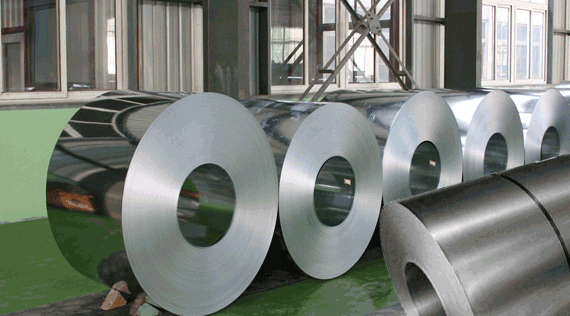
BRUSSELS, Jan 17 (Reuters) - The European Union has extended for five years minimum prices for electrical steel from China, Japan, Russia, South Korea and the United States on the basis that producers would otherwise dump it on the EU market.
The bloc set three minimum prices for grades of grain-oriented flat-rolled products of silicon-electrical steel (GOES), which is used in power transformers, in October 2015 after a complaint by EU steelmakers association Eurofer.
The European Commission, which carried out the investigation, said that producers in the five countries had spare capacity and were likely to dump it in the European Union if the measures were dropped.
The Commission set minimum prices of between 1,536 euros and 2,043 euros per tonne.
If producers sell below these prices then they face duties ranging from 21.5% to 39%. Producers include China’s Baoshin Iron and Steel Co and Wuhan Iron & Steel Co, Japan’s JFE Steel Corp and Nippon Steel, Korea’s POSCO, Russia’s Novolipetsk Steel and AK Steel of the United States.
EU producers include ThyssenKrupp and Poland’s Stalprodukt.